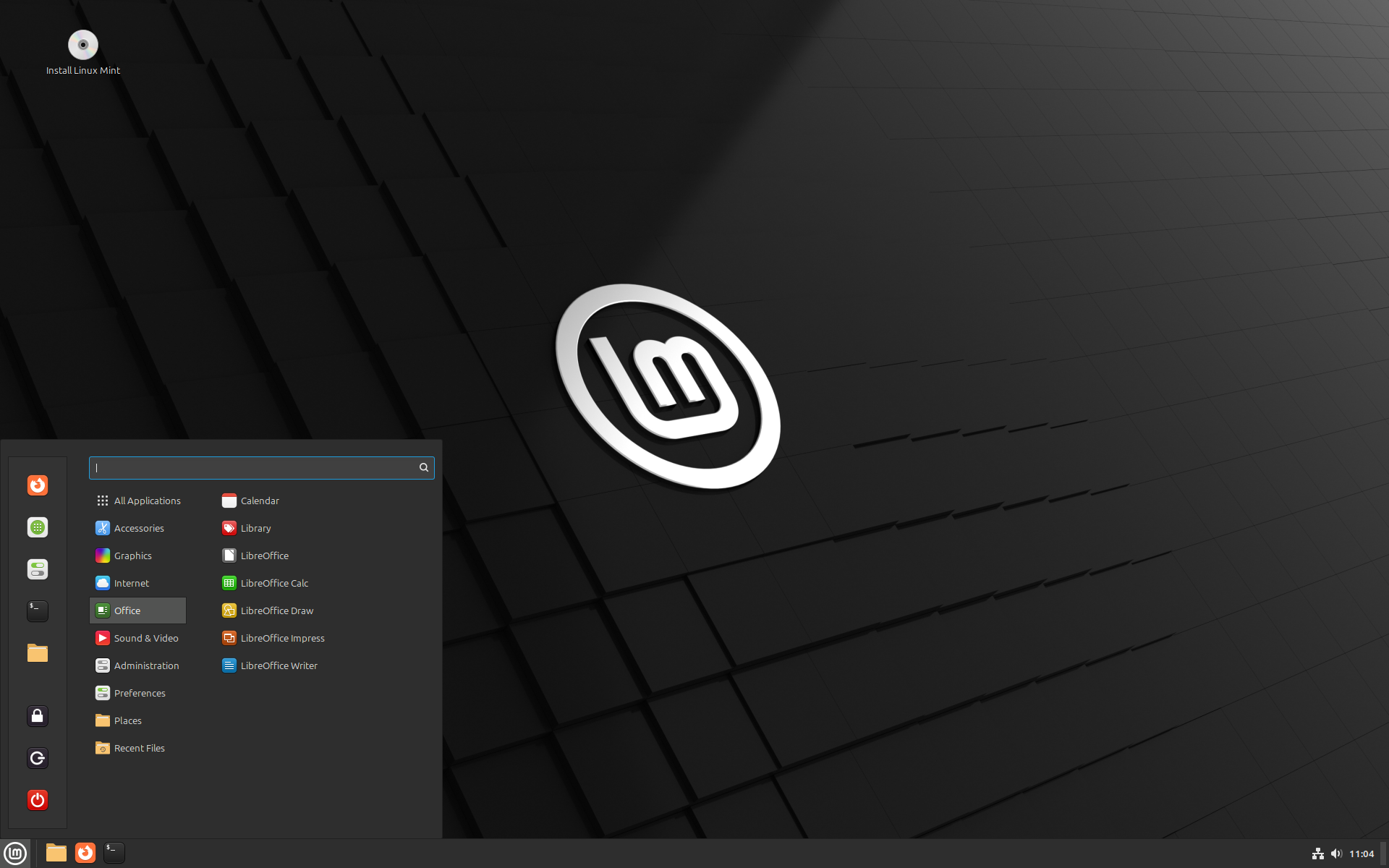- cross-posted to:
- [email protected]
- [email protected]
- cross-posted to:
- [email protected]
- [email protected]
The Linux Mint team has just released Linux Mint 22, a new major version of the free Linux distribution. With Windows 10’s end of support coming up quickly next year, at least some users may consider making the switch to Linux.
While there are other options, paying Microsoft for extended support or upgrading to Windows 11, these options are not available for all users or desirable.
Linux Mint 22 is a long-term service release. Means, it is supported until 2029. Unlike Microsoft, which made drastic changes to the system requirements of Windows 11 to lock out millions of devices from upgrading to the new version, Linux Mint will continue to work on older hardware, even after 2029.
Here are the core changes in Linux Mint 22:
- Based on the new Ubuntu 24.04 package base.
- Kernel version is 6.8.
- Software Manager loads faster and has improved multi-threading.
- Unverified Flatpaks are disabled by default.
- Preinstalled Matrix Web App for using chat networks.
- Improved language support removes any language not selected by the user after installation to save disk space.
- Several under-the-hood changes that update libraries or software.



I tried Linux Mint on my old XPS laptop and the battery life is, unfortunately, a nonstarter for me. It lasts about 2 hours running Linux versus up to six on Windows (thanks to battery settings). It also doesn’t hibernate properly. I wish it had worked for me
It may be worth doing more distro hoping. It sometimes takes a few to get it right for your needs/use case.
What’s the known good battery management distro? If there isn’t one, that seems like something that should be an area of focus.
I heard even though Pop os is ubuntu based, they use different power management. I’m mainly a desktop user so I can’t quantitativly comment on battery life.
I was recently surprised by Debian 12. Tried it on my Dell laptop and getting better battery life than Pop!_os. Try this installer which makes life so much easier :)
I use fedora with auto-cpufreq and it gives battery life that lines up with reviews of the device
Zorin is another sexy option.
I know for me, at least with gnome, toggling between performance, balanced, and battery saver modes dramatically changes my battery life on Ubuntu, so I have to toggle it manually to not drain my battery life if it’s mostly sitting there. I don’t know if Mint is the same, but just throwing out the “obvious” for anyone else running Linux on a laptop.
For some reason, Mint doesn’t provide access to the power profiles out of the box… no idea why. I just install a Cinnamon applet called “Power Profiles” and it gives me the same systray switcher as Fedora.
Fresh install of Mint was giving me about 2 hours battery life. By switching to Power Saver profile, I can get up to about 6-8 hours. I mostly only need to go to Balanced or Performance when gaming.
That’s most likely a driver issue. I don’t know if this is something that’s easily fixed. Linux is better on open hardware.
I’d try fedora or pop os. I never really liked mint personally